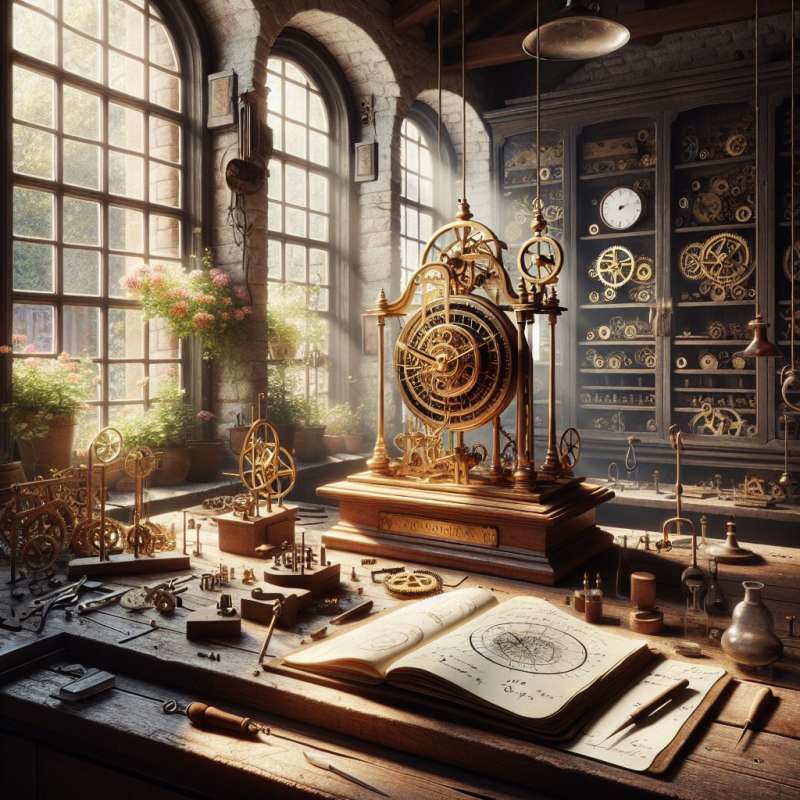
Ancient Timekeeping Origins
Mechanical clocks trace back to ancient civilizations. The oldest known is the water clock, invented in Babylon around 1400 BCE. Despite its simplicity, it laid the groundwork for the intricate mechanical clocks of later periods.
Chinese Innovation in Clocks
In 725 CE, Chinese inventor Yi Xing created the first known mechanical escapement mechanism. This innovation was essential for future mechanical clocks, as it regulated the release of energy, making timekeeping more accurate.
Medieval European Advancements
In the 13th century, Europe saw the rise of tower clocks. These public timepieces, often installed in church towers, revolutionized timekeeping by making it a communal activity. The Salisbury Cathedral clock, built in 1386, is one of the oldest surviving examples.
Renaissance Precision and Beauty
The 16th century brought unprecedented precision and artistry to clockmaking. Peter Henlein, a German locksmith, invented the first portable spring-driven clock. Known as the Nuremberg Egg, it was a precursor to modern pocket watches.
Pendulum Power and Accuracy
In 1656, Dutch scientist Christiaan Huygens invented the pendulum clock, reducing timekeeping error to mere seconds per day. This breakthrough significantly improved accuracy, cementing the pendulum's place in horological history.Unexpected Clock Fuel
Medieval monks used mercury in clock mechanisms to increase precision, despite its toxic properties. This risky innovation highlights their dedication to accurate timekeeping.
Who invented the water clock?
Yi Xing in 725 CE
Babylonians around 1400 BCE
Peter Henlein, 16th century
Company